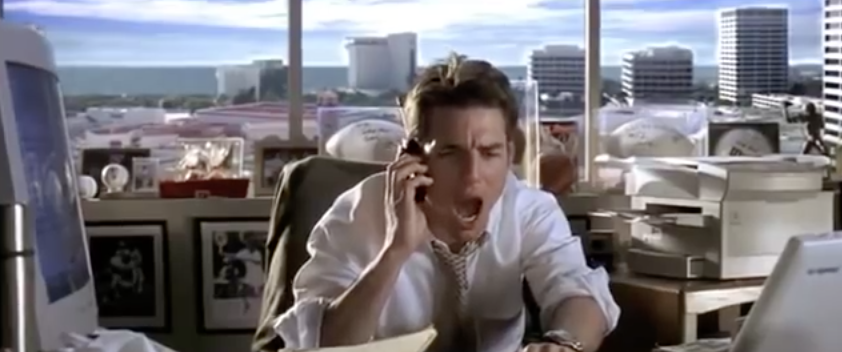What Are My “Skelly Rights”?
RB
What Are My "Skelly Rights"?
In the late '70's, the California Supreme Court established your "Skelly Rights." This means that public employees must be provided a "pre-disciplinary hearing" with management before they may be suspended (for five days or more,) demoted or terminated. The Court decided that this right is rooted in the federal constitution which says that a citizen cannot be deprived of property without due process. In other words, when a governmental agency threatens to take income from one of its employees, this threat to his "property" requires due process.
The "Skelly Decision" comes from Dr. Skelly, an employee who worked for the state, who also had a three-martini-lunch habit. After some significant performance problems, he was fired. He sued, and the resulting lawsuit, Skelly vs. the State of California, established the due process rights we know today. Basically, these say that an employee has the right to two levels of hearing: first, a "pre-disciplinary meeting" with the level of management proposing the discipline (The hearing officer must have the authority to modify or withdraw the discipline, but need not be an impartial third party).
The second step, if the matter isn't settled at the Skelly, is a "full evidentiary hearing before a reasonably impartial" third party. This hearing involves witnesses, presentation of evidence, cross examination, etc -- very much like a court case. Most of the time, the impartial third party is an arbitrator or a panel, such as a Personnel or Civil Service Board. However, it's legal for the City Manager to function as the hearing officer, so long as he or she has not already been involved in the case.
Many people think of the first hearing, "the Skelly" as a bit of a Kangaroo Court. After all, you are appealing to the level of management that has already decided to discipline you. It is basically an opportunity to explain why the accusations are wrong, or why the "punishment" is too severe for the "crime." But it IS a "pre-disciplinary safeguard:" the City cannot take action against you until it has heard your appeal and provided a written answer.
The City also must provide you with all information about the charges against you, prior to the hearing, so that you may intelligently defend yourself. A "notice of proposed disciplinary action" must include:
§ A statement of the nature of the proposed discipline
§ The effective date of the proposed discipline
§ The reasons for the discipline
§ The specific policy or rule violated
§ A statement advising the employee of the right to respond orally or in writing.
Skelly Rights Apply to all Permanent Public Employees. Even managers and confidential employees are covered by Skelly. If you belong to an employees association, your association is obligated to represent you. The only exception to this is that the group is NOT required to represent you through arbitration or a board hearing if a legal analysis recommends that your case "lacks merit;" in other words, if it is "unwinnable." (An arbitration or Civil Service hearing can be expensive; your Association isn't obligated to drain its members' treasury to defend people who commit serious offenses, for which there's little defense…)
Skelly applies ONLY to Public Employees. The idea that government cannot take the "property" of your job applies only IF you work for government. California is an "at-will state." Unless they have a good union contract, employees at private companies can be fired without cause. Skelly Due Process is the primary legal distinction between public and private employees in California.
Although appealing to your own Management doesn't sound like much of a right, the Courts have bolstered your Skelly rights considerably over the last twenty years, and Management has become more respectful of the Skelly process. This is partly due to other employment laws which have sprung up since the 70's: discrimination, harassment, disability, wrongful termination, etc. Today there is a substantial industry of attorneys prepared to take your case if the City doesn't fire you for truly good reasons – or if it HEMLOCK ON THE ROCKS: What Are My “Skelly Rights”?:
YAY! Carl Petersen Qualifies for the March Ballot

###--_______________________________________________Carl PetersenCandidate for Board of Education, District 3






